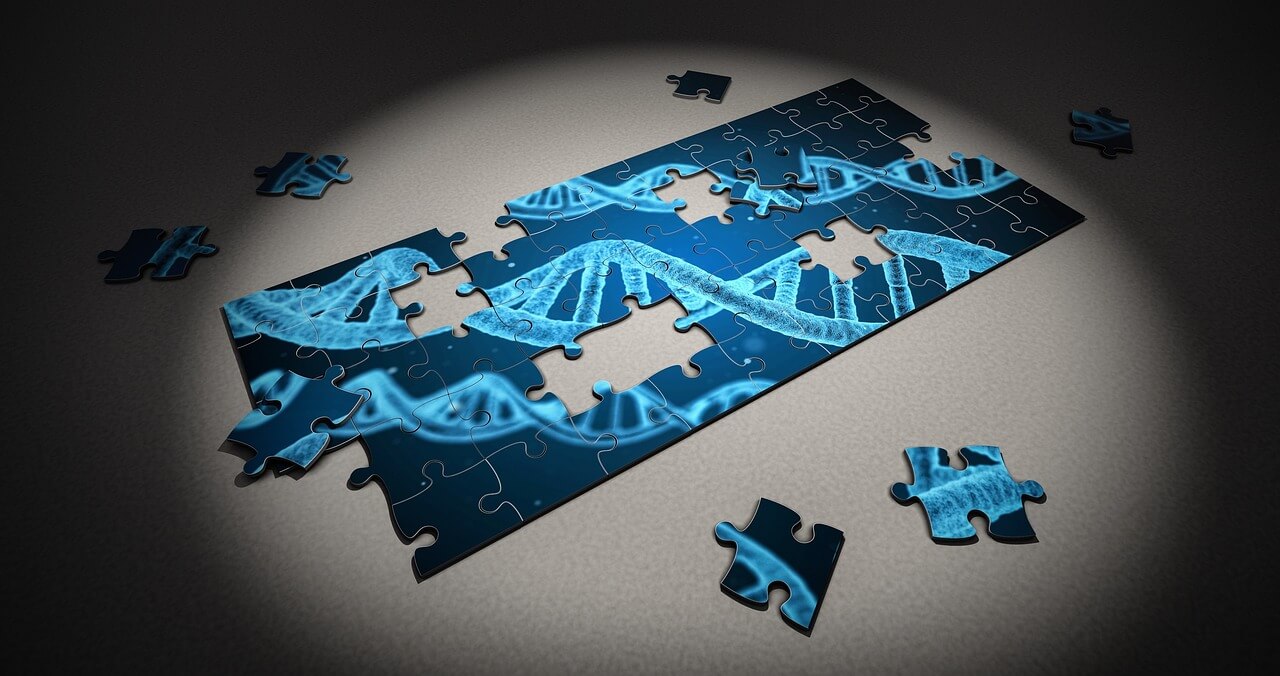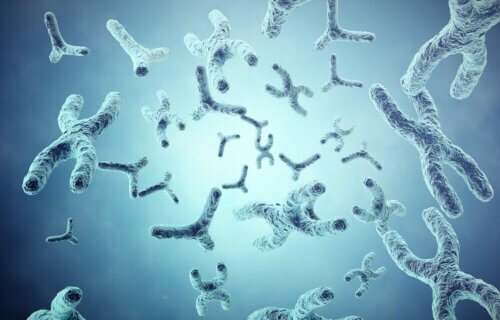LOS ANGELES — For many older men, losing of the male sex chromosome isn’t just an odd phenomenon of aging, it could also be putting them at risk for cancer. According to a team in Los Angeles, this phenomenon, which frequently occurs in blood cells as men get older, affects an estimated 40 percent of males in their 70s, enabling tumors to proliferate. However, the discovery could pave the way for personalized bladder cancer treatments.
“This study for the first time makes a connection that has never been made before between loss of the Y chromosome and the immune system’s response to cancer,” says Professor Dan Theodorescu, the corresponding author from Cedars-Sinai Medical Center, in a media release. “We discovered that loss of the Y chromosome allows bladder cancer cells to elude the immune system and grow very aggressively.”
The phenomenon of Y chromosome loss has been observed in several types of diseases, including up to 40 percent of bladder cancers. It’s also linked with cardiovascular disease and Alzheimer’s and might help explain why women generally live longer.
The research team is now developing a test for the Y chromosome with the intention of aiding the customization of drugs called immune checkpoint inhibitors. The biological gender of a child is determined by chromosomes known as X and Y, which carry our DNA. Males have XY while females have XX. The Y chromosome carries the blueprints for certain genes.

The investigators developed a scoring system to measure the loss of the Y chromosome in cancers based on the expression of these genes in normal cells in the bladder lining. They analyzed data on two groups of men. One group had muscle-invasive bladder cancer and had their bladders removed but were not treated with an immune checkpoint inhibitor. The other group participated in a clinical trial and received treatment with an immune checkpoint inhibitor.
They discovered that patients without the Y chromosome had a poorer prognosis in the first group and much better overall survival rates in the latter. Experiments in male mice also found that tumors lacking the Y chromosome grew at a significantly faster rate.
“The fact that we only see a difference in growth rate when the immune system is in play is the key to the ‘loss-of-Y’ effect in bladder cancer,” Prof. Theodorescu explains. “These results imply that when cells lose the Y chromosome, they exhaust T-cells. And without T-cells to fight the cancer, the tumor grows aggressively.”
However, tumors missing the Y chromosome, while more aggressive, were also more vulnerable and responsive to immune checkpoint inhibitors, which reverse T-cell exhaustion and allow the body’s immune system to fight the cancer.
“Our investigators postulate that loss of the Y chromosome is an adaptive strategy that tumor cells have developed to evade the immune system and survive in multiple organs,” says Prof. Shlomo Melmed, dean of the Medical Faculty at Cedars-Sinai. “This exciting advance adds to our basic understanding of cancer biology and could have far-reaching implications for cancer treatment going forward.”
Further research is still necessary to understand the genetic connection between loss of the Y chromosome and T-cell exhaustion.
“If we could understand those mechanics, we could prevent T-cell exhaustion,” says Prof. Theodorescu. “T-cell exhaustion can be partially reversed with checkpoint inhibitors, but if we could stop it from happening in the first place, there is much potential to improve outcomes for patients.”
The study could even have implications for women, who do not carry the Y chromosome. The Y chromosome contains a set of related genes, known as paralogue genes, on the X chromosome. These genes might play a role in both women and men, though additional research is needed to determine what that role might be.
“Awareness of the significance of Y chromosome loss will stimulate discussions about the importance of considering sex as a variable in all scientific research in human biology. The fundamental new knowledge we provide here may explain why certain cancers are worse in either men or women, and how best to treat them. It also illustrates that the Y chromosome does more than determine human biological sex,” concludes Prof. Theodorescu.
The research is published in the journal Nature.
What is bladder cancer?
Bladder cancer is a type of cancer that begins in the cells of the bladder. The bladder is a hollow organ in the lower abdomen that stores urine, the waste product produced by the kidneys. This type of cancer most commonly begins in the cells (urothelial cells) that line the inside of the bladder, but it can also develop in other types of cells in the bladder. It often starts in the cells that make up the innermost lining of the bladder, and then it can spread into or through the other layers in the bladder wall.
The most common types of bladder cancer include:
- Urothelial Carcinoma: This is the most common type of bladder cancer. It was previously known as transitional cell carcinoma (TCC). This type of cancer starts in the urothelial cells that line the inside of the bladder.
- Squamous Cell Carcinoma: This type is often linked to chronic irritation of the bladder, and is more common in parts of the world where a certain parasitic infection (schistosomiasis) is a common cause of bladder infections.
- Adenocarcinoma: This type begins in cells that make and release mucus and other fluids. Adenocarcinomas of the bladder are fairly rare.
Risk factors for bladder cancer include smoking, certain chemical exposures, chronic bladder inflammation (like recurrent urinary tract infections or cystitis), and genetic factors.
Symptoms of bladder cancer can include blood in the urine (hematuria), which may cause urine to appear bright red or cola colored, though sometimes the color is normal and blood is detected on a lab test. Other symptoms can include frequent urination, pain during urination, and lower back pain.
The diagnosis of bladder cancer is usually made by examining the cells in the urine (cytology) and by cystoscopy, a procedure to look inside the bladder with a fine tube-like instrument. If abnormal areas are seen, a small piece of tissue can be removed (biopsy) and examined under a microscope to see if cancer or other abnormal cells are present.
Treatment options for bladder cancer depend on a number of factors including the type of cancer, stage of the cancer, the patient’s overall health and personal preferences. Treatments may include surgery, radiation therapy, chemotherapy, immunotherapy, or a combination of these.
South West News Service writer Mark Waghorn contributed to this report.


Ahhhh, explains the soy in the US diet, and atrazine in all water supplies, the “tribe” again…..as well as “EVERYBODY’S gay”…